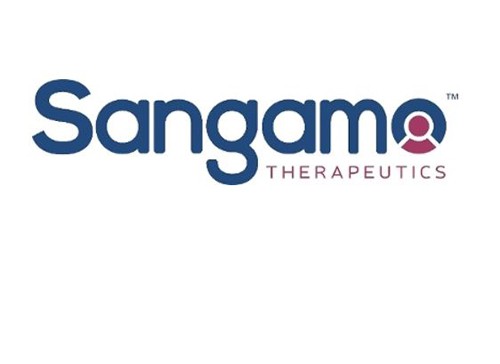
Sangamo has been playing catch-up with BioMarin in the race to develop a gene therapy for haemophilia A, but new data reported at the ASH 2019 congress suggest Pfizer-partnered SB-525 could gain ground.
The updated results of the phase 1/2 ALTA trial of SB-525 covered 11 patients treated with four doses of the Factor VIII replacing gene therapy – including another three patients at the highest dose (3e13vg/kg) since initial results were revealed earlier this year.
The new data shows that all five patients given a one-time treatment with SB-525 saw their Factor VIII levels reach normal ranges within five to seven weeks. The two patients that have been followed up the longest were the main interest of the ASH update however, to see if the effect was durable.
On that score, the data becomes a little complex. One patient saw a decline in Factor VIII to below normal levels after initially responding like the others at seven weeks. The fall was transient, with levels eventually tracking up again into the normal range, but spoiled an otherwise solid set of results with all of the other four patients performing as expected.
On the plus side, there were no bleeding events in any of the patients with up to 44 weeks of follow-up, and lower doses of SB-525 also showed achieved stable Factor VIII levels over a full-year of follow-up.
Sangamo is adamant that it is still in contention in the haemophilia A gene therapy market, despite BioMarin’s stated plan of filing for approval of its valoctocogene roxaparvovec or ‘valrox’ candidate in the US and Europe in the coming weeks.
Three-year data on its candidate were reported in May, but sparked concern about the durability of valrox after Factor VIII levels seemed to fall off after 12 to 18 months, raising the possibility that patients might need to be re-dosed to maintain protection against bleeds.
The possible tail-off in activity gives Sangamo hope that it won’t necessarily be left behind even if BioMarin’s therapy is approved, because it reckons patients may wait for data to come in on all the near-term candidates – which also includes Spark Therapeutics’ SPK-8011 – to see which has the best clinical profile.
Spark suffered a setback last year after two patients treated with SPK-8011 developed immune reactions, one of which had to be treated in hospital, but reported encouraging results with its therapy in February. There’s been no update since it announced its much-delayed $4.3bn takeover by Roche.
Of course, there’s no guarantee that SB-525 will show a more durable effect than valrox, so a lot is riding on data that will emerge from ALTA in the coming months.
The trial’s principal investigator – Barbara Konkle of the University of Washington – said: “It is important to continue to follow these patients to determine whether these results are sustained in the longer term as the combination of a favourable safety profile coupled with sustained expression at a level that prevents bleeding and allows normal activity will be the hallmark of a successful gene therapy for haemophilia A.”
In the meantime, Pfizer has started the lead-in phase of a phase 3 trial of SB-525 which is due to get underway in the first quarter of 2020.




